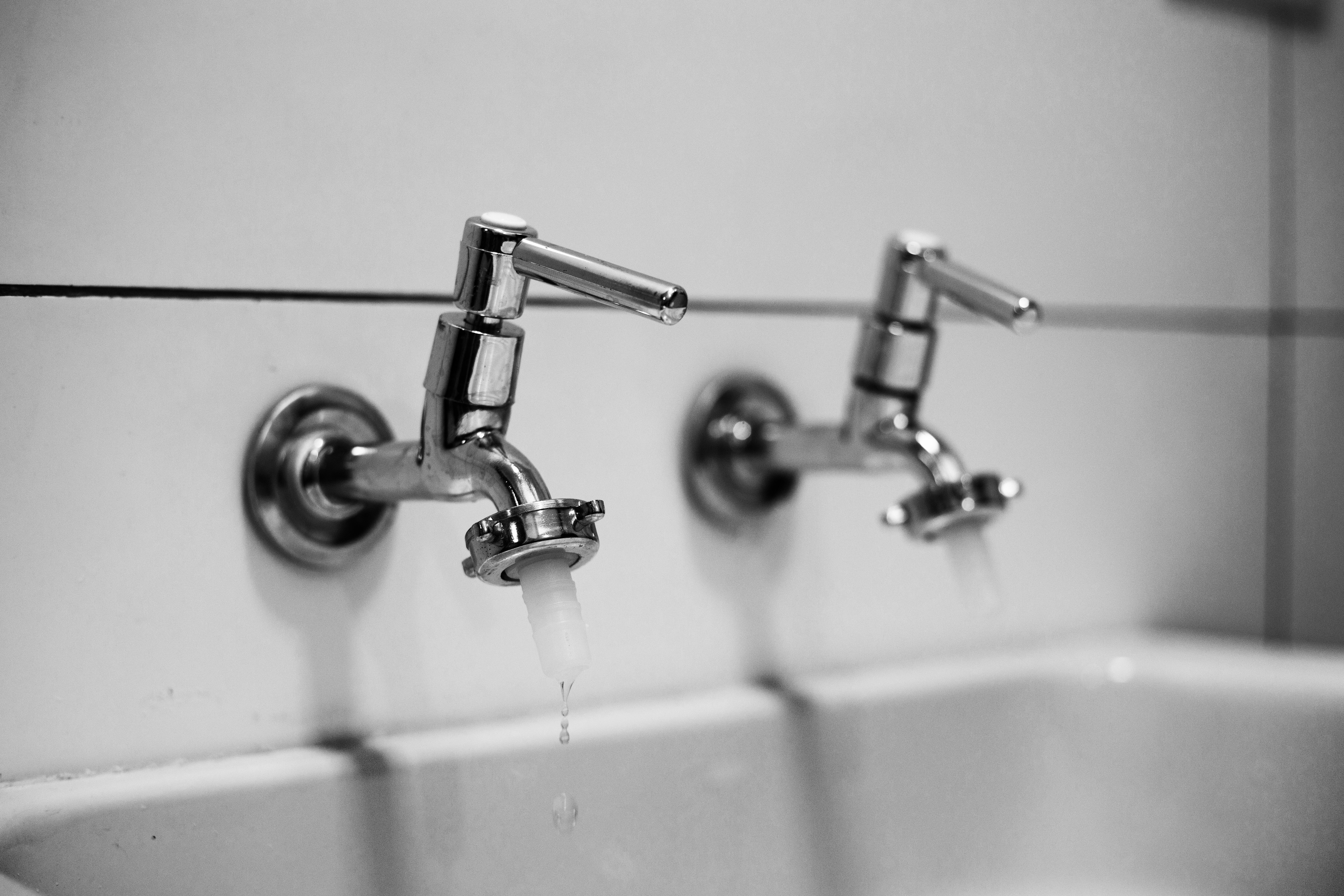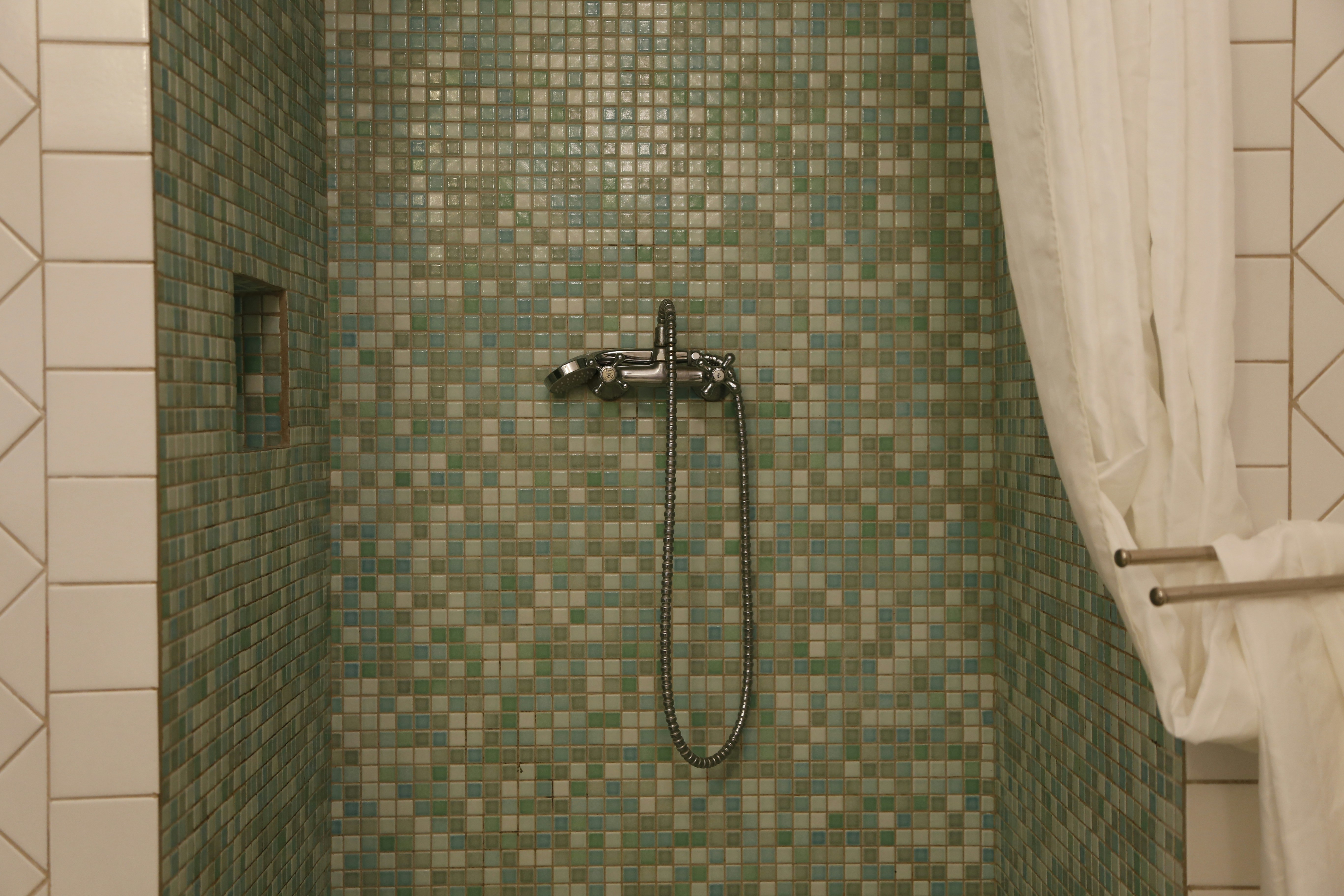Have you ever turned on your hot water faucet and had to wait for the water to warm up for some time? It’s not only a pain, but it also wastes so much water.
That problem is caused by the distance that hot water needs to travel. When you turn your faucet on, hot water is drawn to the sink through your pipes. When you stop the water, it doesn’t return to the heater. It sits there, getting colder and colder. That’s why you get that initial surge of icy water when you turn the faucet back on. There are ways of alleviating this, one of them being a hot water pump attached to your water heater.
What is a hot water pump?

A hot water recirculating pump can be installed on your water heater, returning unused hot water back to the heater with the intention of having instant hot water on demand. Full recirculating pump systems are able to create a lot of hot water instantly, creating a loop from the water heater to the faucet. Water is not left in the pipes to get cold, meaning less water is wasted. These pumps are also designed with sensors and timers, which shut the pump off once the hot water has made a complete loop.
There is also a recirculating pump comfort system that uses an existing cold water pipe to send unused water back to the water heater. These systems are designed for new houses to allow for hot water quickly throughout the home regardless of square feet. Hot water pumps can be a great solution to fixing conventional water heaters in your home. However, there are pros and cons of a hot water pump that any homeowner should evaluate before making the purchase and installation.
Pros of Installing a Hot Water Pump

Perhaps the biggest advantage of installing a hot water pump is the immediacy of having hot water. You no longer have to worry about cold water sitting in the plumbing when you turn the faucet on. The quick installation of a pump is also great for your bottom line when it comes to your utility bill.
Recirculating pumps can actually be the best option to save some money by limiting the amount of water being used. The cost savings on a pump for a hot water heater will be accrued after installation, while hot water on demand remains plentiful from your water source.
A hot water recirculation system will also save you gallons of water not having to wait for the water to heat up. Every time you turn on the shower or faucet and wait for hot water, a significant amount is going down the drain waiting for hot water to reach your fixture.
Cons of Installing a Hot Water Pump
While hot water pumps can be seen as a solution in renovations for historic homes, as well as more recently built houses, there are some things to remember when purchasing and installing these pumps. The upfront cost to install a pump in either a historic home or a modern home can be significant, especially if you hire a plumber to do the work. Installation of pumps is fairly easy, so you can curb your initial cost by doing it yourself. Some pumps can be installed in less than 30 minutes and give you gallons of hot water on demand.
The function of a hot water pump may bring you hot water faster, but it can also affect your cold water pipes. It may actually take a bit longer to get cold water out of your faucet. Some homeowners have also had to frequently change the sensor valve in the pump. That valve is usually placed under the furthest fixture from the water heater. While replacement can be simple, there are occasions where the whole pump may need replacing.









